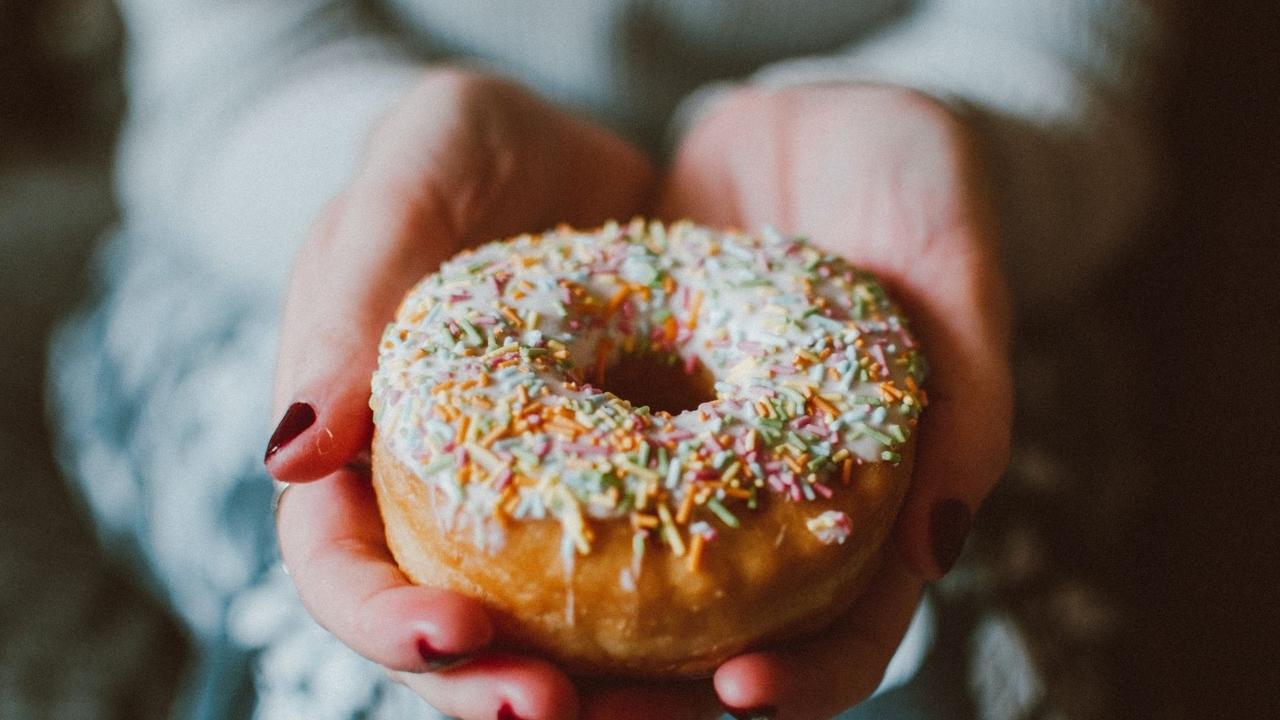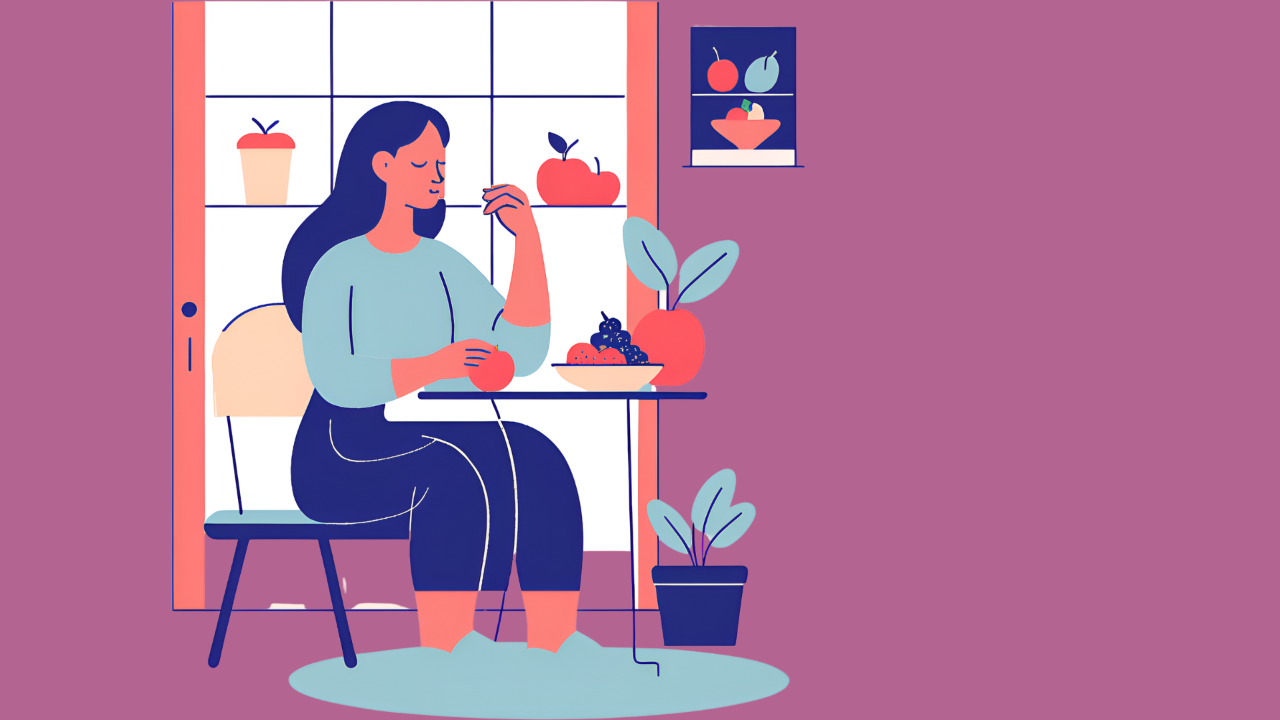Cravings give food power over us. Isn’t it strange that a cookie can cause such emotional distress. I mean, it’s just a cookie! In actual fact, it’s not about the cookie at all!
Dieting aims to limit the amount you eat, but how often do you find yourself gorging on the exact foods you are trying to avoid? Here’s the biological reason dieting increases out-of-control food cravings and what you can do to take the power away from food (hint, it’s not another diet!)
Three biological reasons dieting leads to cravings
Food restriction
Dieting creates restriction but what happens to these foods when they become forbidden? Rather than being put to the back of your mind, these foods are placed on a pedestal. The forbidden foods beam over you when you feel hungry and hover above every food choice. They now have power over you and are more desirable than ever!
Food restriction doesn’t lead to eating less but does create less food enjoyment, increases food fears and stress over eating and you are more likely to eat larger amounts when the restriction is broken.
Hunger
Our culture’s obsession with dieting has lead hunger to become a feared body signal- but all it really represents is our need to provide nutrients to our body. If you try to ignore your hunger cues, your body will increase its drive towards food.
Excessive food thoughts, a lack of focus on other events, a drive toward calorie dense foods and feeling out-of-control around forbidden foods- these are all normal biological processes to make sure you don’t starve.
Ignoring hunger does not lead to eating less calories but can lead to less nutritious food choices, stress and guilt.
Emotions
Food gives us pleasure! This is a good thing, not something to fear. Food is such an essential resource for our survival that we have evolved to feel pleasure from eating. There's no wonder food is often used to comfort difficult emotions.
Now, there’s nothing inherently wrong with comfort eating- we all do it. But, if you are turning to food in place of coping with your emotions- it may not be serving you. The problem is, food can only provide a temporary comfort in these times and the emotion will likely return, sometimes with added shame and guilt from the eating experience, it can make you feel pretty rubbish.
The problem is dieting will tell you remove the food, but what are you then left with to cope? Rather than removing the food or placing any guilt or shame over eating, it is more useful to explore the emotions and some new coping tools so your coping toolkit has more options than food.
Sound like your last diet? You’re not alone. There’s a reason most diets fail!
Leave dieting in the past, it is not serving you.
Here’s three tips to tackle your cravings:
Remove restrictions
Forget “good” and “bad” thinking. Food has no moral value. Food restrictions may feel like the only way you can control your eating, but how are these restrictions serving you? Do these foods hold a power over you? Do they take up space in your mind? Is restricting this food really leading you to eat less?
When we take food off the pedestal, we take away it’s power. We turn it into “just food”. We think about it less, we want it less and when we do eat it- we get more enjoyment from it.
Regular eating patterns
It sounds cliché but it works. Skipping a meal leads to excessive hunger. This triggers your body to enter “survival mode”- a place of cravings and food obsession, after all, your body must make sure you don’t starve!
If you have been dieting for a long time, you may be feeling out of touch with your hunger. Listen out for your body’s signals, not everyone feels hunger in the stomach. Keep a journal and tune into your feelings throughout the day. What eating time frame makes you feel the most comfortable?
Tune into your emotional needs
Emotions can be hard to deal with. It can be difficult to identify what the feeling is, let alone what will help it- but exploring these emotions and coping options will make a big difference to your well-being.
1. Start by exploring your emotions. Write down what you feel, where in your body you feel it and when. Can you identify what has caused this feeling?
2. Write down some activities that may help when you feel this sensation.
3. Next time you feel a negative emotion, try one activity on your list before making an eating decision.
Trying to overcome cravings with dieting creates a fight between your body and mind. Leave dieting in the past and work on developing trust and understanding with yourself to make the food choices that work for you.
Author Bio:
Written by Emma Townsin, Registered Dietitian and Certified Intuitive Eating Counsellor
Emma is the founder of Food Life Freedom and the host of the Food & Life Freedom Podcast. For personalised support to stop stressing over health and heal your relationship with food and your body, learn how you can fast track your way food and life freedom.









